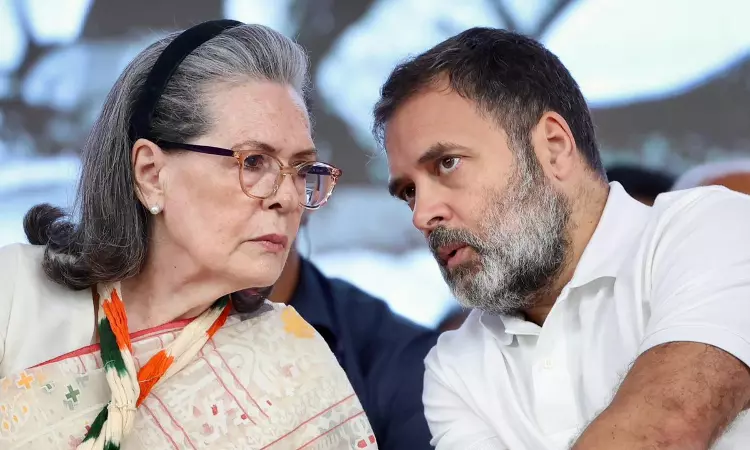Sonia Gandhi and Rahul Gandhi, prominent figures of the Congress party, have been formally charged by the Enforcement Directorate in a money laundering case linked to the acquisition of Associated Journals Limited assets by Young Indian , a company they control. The ED alleges that the Gandhis acquired real estate assets worth approximately ₹750 crore through YI, which took over AJL, the publisher of the National Herald newspaper founded by Jawaharlal Nehru in 1938. The agency contends that YI paid only ₹50 lakh to acquire AJL’s assets, which included properties in Delhi, Mumbai, and Lucknow.
The case has reignited discussions on the necessity of obtaining prior government sanction before prosecuting public servants under the Prevention of Money Laundering Act . In November 2024, the Supreme Court ruled that prior sanction is mandatory for prosecuting public servants accused of money laundering while discharging official duties, as per Section 197 of the Criminal Procedure Code. This decision was highlighted in cases involving other political figures, emphasizing the legal requirement for such sanctions.
However, the ED maintains that the charges against the Gandhis pertain to their roles in YI and AJL, which are separate from their official capacities as Members of Parliament. An ED official, speaking on condition of anonymity, stated that the agency did not seek prior sanction because the alleged offences are unrelated to their parliamentary duties. The official emphasized that the investigation focuses on the financial transactions involving YI and AJL, not on the Gandhis’ roles as public servants.
The Congress party has denounced the charges as politically motivated, accusing the ruling Bharatiya Janata Party of using federal agencies to target opposition leaders. Party spokespersons argue that the ED’s actions are part of a broader strategy to undermine political opponents. The BJP, in response, denies these allegations, asserting that the legal proceedings are based on evidence and due process.




 Interpol Pursuit Intensifies as Bangladesh Targets Hasina
Interpol Pursuit Intensifies as Bangladesh Targets Hasina 